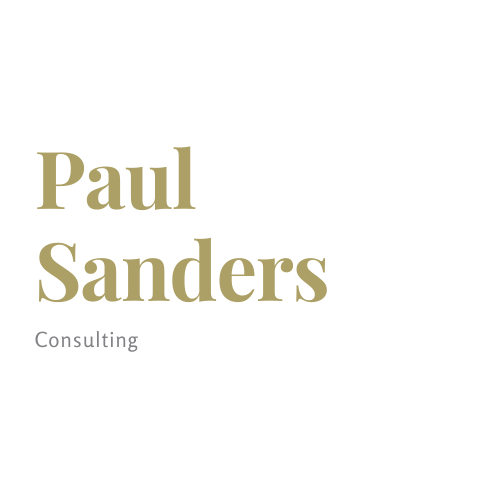I still remember the exact moment I decided to quit my permanent role as a practice lead and go it alone. My employer at the time had put us on a sales training course. Sat there, listening to the trainer talk about pushing our limits, being the best at what we do, and making silly amount of money, I had an epiphany.
Why on earth was I putting in all this work for someone else, when I could do it myself?!
That was the moment I decided to setup on my own, and start Yobah Limited. The aim was to setup a managed services provider and take on the world. What I hadn't realised is how hard it was! After handing in my notice, I took a 6 month contract as a Technical Architect building out solutions running in Azure. These were the very early days.
The plan from here was to contract for 6 to 12 months, save up money and start to build out a team and our own capability. It didn't quite go to plan! The main pain points I felt was first cash-flow, then the sales process and then general life and living to my means. So, with that in mind, here are my tips to make sure you don't feel the pain I did!.
- Build a buffer:
I can't stress this one enough. At the time I was earning a decent wage, and didn't have any real commitments other than rent and my social life. My monthly wage was pretty much spent each month, with very little in the way of savings.
My initial hope was everything would be ok.. get paid my final salary, work a month, invoice my new day rate and boom... all the money would be there. What I didn't realise is you need to setup a billing entity, raise invoices, submit timesheets, wait for payment, chase for payment, finally get payment. It took me almost 60 days to get my next pay check. If it wasn't for my (now) wife, I wouldn't have paid my rent.
So, the tip here is if you are planning on going at this full time, built up 3 to 6 months buffer. Have it save in the bank, ready to cover your bills while you get on your feet.
2. Network, Network and more Networking
I had dreams of leaving my job on the Friday and winning my next project on the Monday. This obviously wasn't the case! My first project was actually gained through a jobs website via a recruiter. Think the same horrid process of job hunting, without the security at the end.
This happened for the first couple of years. Each new project was gained by treating them like a standard job hunt. It was painful, annoying and I had to filter out a lot of work I just wasn't interested in. Never mind the pain that would come later when I learnt about IR35. (More on that in a different blog post).
So what changed? Over the past 4 years, I haven't applied for any roles. Not a single CV sent, interview process or computer says no incident. Why? Networking.
Keeping in touch with people you work with, whether it be customers, friends, colleagues or people you follow on twitter is my best asset. You keep in touch, you recommend each other and grow a network that is invaluable. It also helps you move into the project based/outcome based work which is the future of freelancing.
3. Specialise in a niche
The final tip for the day is around specialising. My first few contracts and projects were very generalist. I'd find myself as an infrastructure engineer/architect working across many technologies. The experience was great and I really enjoyed it. What I didn't realise at the time was there were hundreds of people doing exactly the same. The rates weren't amazing (although significantly higher than my day job!), and I started to get bored.
Over the years I have come to enjoy specialising. Choosing cloud strategy and governance consulting for financial service organisations not only makes my skills more marketable, but in higher demand. You start getting access to the fun projects because you become known for doing exactly that. You get better at what you do, you build out that network of customers who need that skillset.
It takes time to fall into it, but everyone can find it. Spend some time brainstorming before you go out and do it.
So that's it for tonight. My first three tips for starting out on your own. It isn't an easy ride, but I wouldn't change it for the world. Over the next couple of weeks, I'll go into a little more detail on evolving the into a practice, and some of the newly found skills or methods that will certainly help. So watch this space!



